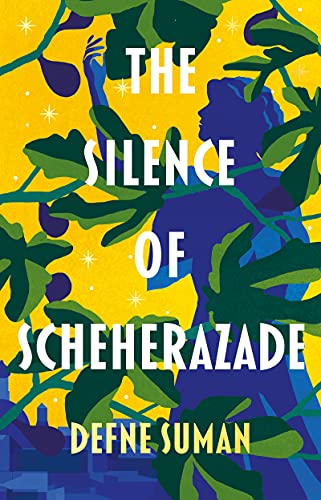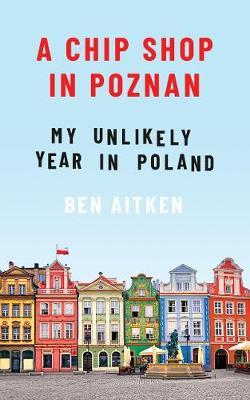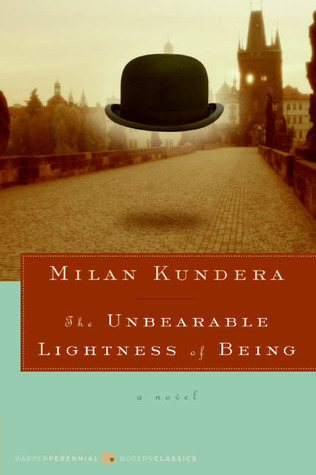The Old Ways by Robert Macfarlane
Eight of us gathered to discuss The Old Ways, Robert Macfarlane’s memoir of journeys taken on foot. All of us read the physical book rather than listening to the audiobook, though by the end of our discussion, we wondered whether the audio format might actually suit this reflective, poetic style well.
Several members who couldn’t attend the meeting had already shared their thoughts. They admitted to finding it hard to “get into” at first — it wasn't their usual kind of read — but once immersed, they found it both enjoyable and thought-provoking. Those sentiments echoed around the table: the book’s subject matter was different from what many of us typically choose, but its lyrical prose and the depth of thought won most of us over.
As always, a few members were especially enthusiastic — perhaps unsurprisingly, those who enjoy long-distance walking and are drawn to adventure. They raved about the content, the vivid imagery, and the sense of connection with nature and landscape that Macfarlane evokes.
We all agreed on one thing: Robert Macfarlane must be a difficult person to live with! His frequent, extended walking trips — often to remote or obscure parts of the world — seem far from your average holiday. It became clear to us that the book is a compilation built by Macfarlane over time. Some felt it read more like a series of essays than a continuous narrative, and this structure was both a strength and a challenge.
Several of us noted that the book doesn’t need to be read in order. It lends itself well to being dipped in and out of, choosing chapters or journeys that catch your interest. One member confessed to stopping at page 80, deciding that "life’s too short." Three others felt the same — but by the end of our conversation, some were inspired to give the book another try, at their own pace.
There was also strong appreciation from others for the book’s poetic writing, the richly drawn characters Macfarlane encounters, and the philosophical depth woven through his descriptions. One member summed it up perfectly: “It’s about what I do.” That personal connection brought the book to life for them.
The people Macfarlane meets deserve special mention — from the man with the box library, to the skeleton artist, to the Tibetan walkers. These encounters enrich the narrative and make the journey worthwhile.
If you are a keen walker, curious explorer, or someone who seeks meaning in the paths you travel, this book is likely to resonate deeply. It explores the art and spiritual value of walking — the time to think, the physical and mental benefits, and the simple human pace at which life can be best understood. Philosophers walked. So should we.
We particularly enjoyed the chapters on “Sea Ways” and reflected on the Foulness walk. Though fascinating, it was also seen as risky — wandering onto estuary mudflats was perhaps a little reckless! On a more familiar note, the sections on Uffington Castle and the White Horse stood out to us living near the Oxfordshire border. Many of us had visited these sites and could relate closely to Macfarlane’s vivid descriptions.
Our conclusion? The Old Ways is a beautifully written book, rich in imagery and ideas, ideal for readers who connect with walking, landscapes, and journeys. However, it may not be the best choice for a structured book group — the kind of book that benefits from being read slowly, without pressure, and in no particular order. Pick it up when you feel like it; read a chapter while drying your hair or soaking in the bath. Savour it rather than powering through.
One lovely outcome of our meeting was a renewed interest in the artist Eric Ravilious, who is mentioned in the book. Raised in Sussex, he painted stunning watercolours of the South Downs and chalk landscapes, and is often described as “a man of the Downs.” One member discovered that the Higgins Museum in Bedford houses one of his prized works — possibly a future Book Group outing? A bit further afield, the Towner Eastbourne features a dedicated Ravilious Gallery and Collection Library, including changing exhibitions and research materials.
Would we recommend The Old Ways?
Some of us definitely would — but we all agreed it’s not ideal for a typical book group. It’s best enjoyed at your own pace, without a deadline. Let it live by the bed, in the bathroom, or on your walking rucksack — and read it when the mood strikes.
We will be meeting on 25th September, 8pm at The Ash Tree in Ashendon to discuss what we feel will be a very different, more light-hearted read: A Chip Shop in Poznań by Ben Aitken.
 The Silence of Schererozade by Defne Suman
The Silence of Schererozade by Defne Suman A Chip Shop in Poznań – My Unlikely Year in Poland by Ben Atkin
A Chip Shop in Poznań – My Unlikely Year in Poland by Ben Atkin